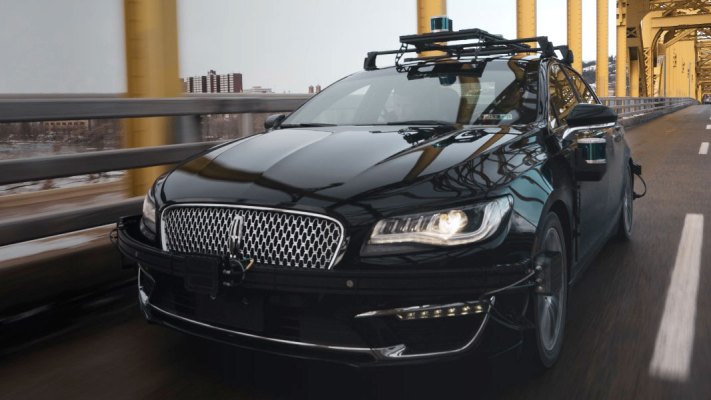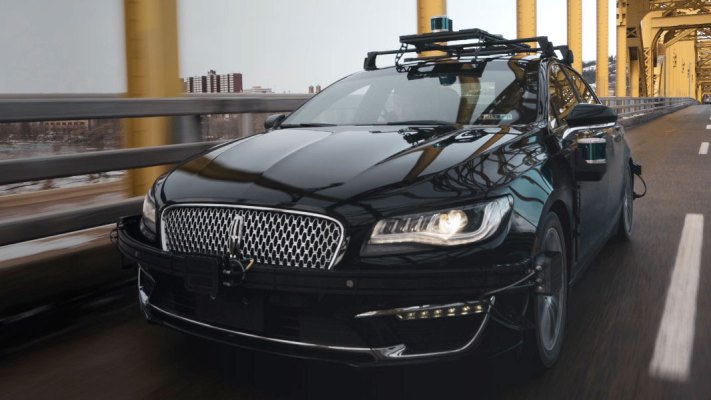Uber is investing $400M to take a 26% stake into the combined company

Aurora Innovation, the autonomous vehicle startup backed by Sequoia Capital and Amazon, has reached an agreement with Uber to buy the ride-hailing firm’s self-driving unit in a complex deal that will value the combined company at $10 billion.
Aurora is not paying cash for Uber ATG, a company that was valued at $7.25 billion following a $1 billion investment last year from Toyota, DENSO and SoftBank’s Vision Fund. Instead, Uber is handing over its equity in ATG and investing $400 million into Aurora, which will give it a 26% stake in the combined company, according to a filing with the U.S. Securities and Exchange Commission. (As a refresher, Uber held an 86.2% stake (on a fully diluted basis) in Uber ATG, according to filings with the SEC. Uber ATG’s investors held a combined stake of 13.8% in the company.) Shareholders in Uber ATG will now become minority shareholders of Aurora.
Uber CEO Dara Khosrowshahi will take a board seat in the newly expanded Aurora.
Aurora, which was founded in 2017, is focused on building the full self-driving stack, the underlying technology that will allow vehicles to navigate highways and city streets without a human driver behind the wheel. Aurora has attracted attention and investment from high-profile venture firms, management firms and corporations such as Greylock Partners, Sequoia Capital, Amazon and T. Rowe Price, in part because of its founders Sterling Anderson, Drew Bagnell and Chris Urmson, all of whom are veterans of the autonomous vehicle industry.
Urmson led the former Google self-driving project before it spun out to become the Alphabet business Waymo. Anderson is best known for leading the development and launch of the Tesla Model X and the automaker’s Autopilot program. Bagnell, an associate professor at Carnegie Mellon, helped launch Uber’s efforts in autonomy, ultimately heading the autonomy and perception team at the Advanced Technologies Center in Pittsburgh.
Aurora plans to bring autonomous trucks to market first. However, Urmson has maintained that the company is still pursuing other applications of its self-driving stack such as robotaxis. The deal with Uber ATG provides Aurora with talent and operational facilities. But it delivers on two other important areas: relationships with Uber ATG investors, specifically Toyota, as well as a partnership with Uber that will give it access to its vast ride-hailing platform.
“The way we want to build this company has been with this mindset of let’s build it to scale — let’s create an environment where people can do their best work,” Urmson said in an interview Monday. “And then let’s go look for great teams and bring them in. It’s one way to get a combination of talent and technology, and in this case, also relationships.”
The announcement, which confirms TechCrunch’s reporting in November, marks the beginning of what promises to be a huge undertaking to merge Uber ATG, a 1,200-person business unit with operations in Pittsburgh, San Francisco and Toronto with its smaller competitor.
It’s not clear if all Uber ATG employees will be folded into Aurora, which has 600-person workforce and operations in San Francisco Bay Area, Pittsburgh, Texas and Bozeman, Montana. At least one executive — Uber ATG CEO Eric Meyhofer — will not be joining the company.
This is not Aurora’s first acquisition, although it is certainly its largest and most complex. In 2019, Aurora acquired Blackmore, a Bozeman, Montana-based lidar company, and simulation startup 7D Labs.
[ad_2]
Source link


